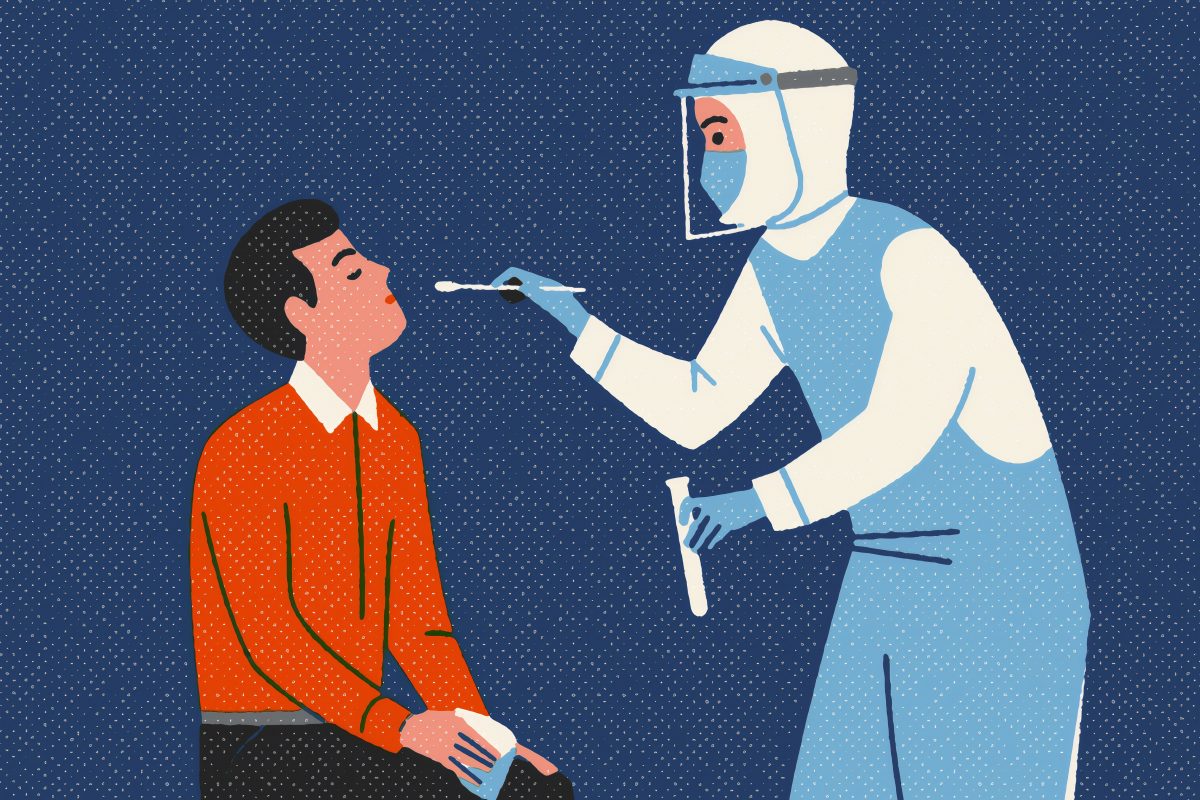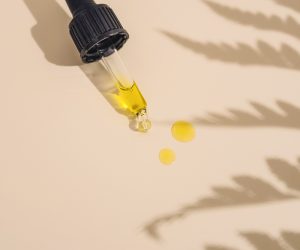
Should You Use a Self-Swab COVID-19 Test?
Dr. Don Colbert – Is testing the key to moving forward after the COVID-19 pandemic? And if so, what’s the most efficient way for mass testing? Some people believe a self-swab COVID-19 test is a good option for many. Should you try it?
There are many questions and few answers.
Here’s the current information on these new testing options, how it’s different from other tests, and why it may make a difference with policies moving forward.
Self-Swab COVID-19 Tests
Self-swab testing has hit high speed in recent weeks. In fact, there are now 5 companies offering at-home self-swap COVID-19 tests. These companies include:
- Pixel by LabCorp ($119)
- Everlywell ($109)
- Vault ($150)
- Vitagene ($149)
- hims & hers ($150)
All of these companies are authorized by the FDA to analyze their tests. And, the tests themselves have received FDA-authorization.
The Road to Self-Swab COVID-19 Tests
Since the start of the pandemic, the FDA has authorized more than 50 diagnostic tests, using more than 350 test developers. Easy, reliable, home sample collection is considered the “holy grail” of mass testing since it is potentially the most efficient way for the public to ensure they are not spreading COVID-19, especially if they work with high-riskpopulations.
One of the bottlenecks of testing has been having enough FDA-approved testing facilities and machines (1). There are hopes that at-home testing will expedite the process.
How Home Self-Swab COVID-19 Tests Work
The self-swabbing kits contain nasal swabs and saline. Individuals receive instructions to use the nasal swab in each nostril to collect the nasal sample, and an insulated package with pre-paid postage to use for mailing it back to the lab.
The home collection kits are now available to consumers online in all states. Most of them have a few states in which they are not available, but Vitagene is available in all states (2).
Of note, LabCorp will seek reimbursement from insurance or the government upon request and does not require an upfront payment. All of the other 4 companies require an upfront payment.
Viral Testing vs. Antibody Testing
The aforementioned tests are molecular viral tests. One other company, Scanwell Health, has made an antibody test available, but it is not yet FDA approved.
The FDA-authorized self-swab COVID-19 tests test for the viral genetic material of the coronavirus. They can only indicate whether or not COVID-19 is present in the sample, and they do not indicate if other infections are also present. A negative result indicates that no COVID-19 genetic material was found. Of note, it is possible to get a negative result when very small amounts of COVID-19 is present.
Experts believe that as long as the self-swabbing directions are followed, these tests can be highly accurate. All 5 companies claim high accuracy for their tests.
This molecular viral test is different from an antibody test. The antibody tests require a blood test. They detect antibodies (immunoglobulins, IgG, and IgM) that the body has produced to fight COVID-19. Antibodies are proteins the immune system produces to fight infection. An antibody test is helpful if you believe you recovered from COVID-19 but want a positive test to confirm.
Accuracy of Antibody Tests
There are issues with the accuracy of antibody testing. First, it can require weeks for the body to produce enough antibodies for testings, so there is a period of time when a person could have or have had COVID-19, but still test negative.
Antibody tests, unfortunately, are also known to give false negatives and false positives.
Lastly, it’s not known for sure if having antibodies makes a person immune to another bout of COVID-19, which may be contagious again.
Testing, COVID-19 Incidence, and COVID-19 Death Rates
One of the most difficult things about this novel COVID-19 virus has been making real-time decisions without historical data on the disease.
Time will tell if the right decisions were made, and how we can learn from them.
Hopefully, scientists will be able to look back at this pandemic and determine true incidence rates, and therefore, true death rates of the disease. They will be able to determine the real threat of it for different groups of people, and whether the actions taken were the right ones.
Mass testing may help their efforts now and in the future.
Bottom Line
Should you get a home test? If you are concerned about your own health, or the health of those you come into contact with, a test is likely beneficial to you. It may also help us move forward as a society as more get tested.
The more we know, the better prepared we will be in the future, for a possible second wave of COVID-19 and other novel viral pandemics.
To read the original article click here.
For more articles from Dr. Colbert click here.






